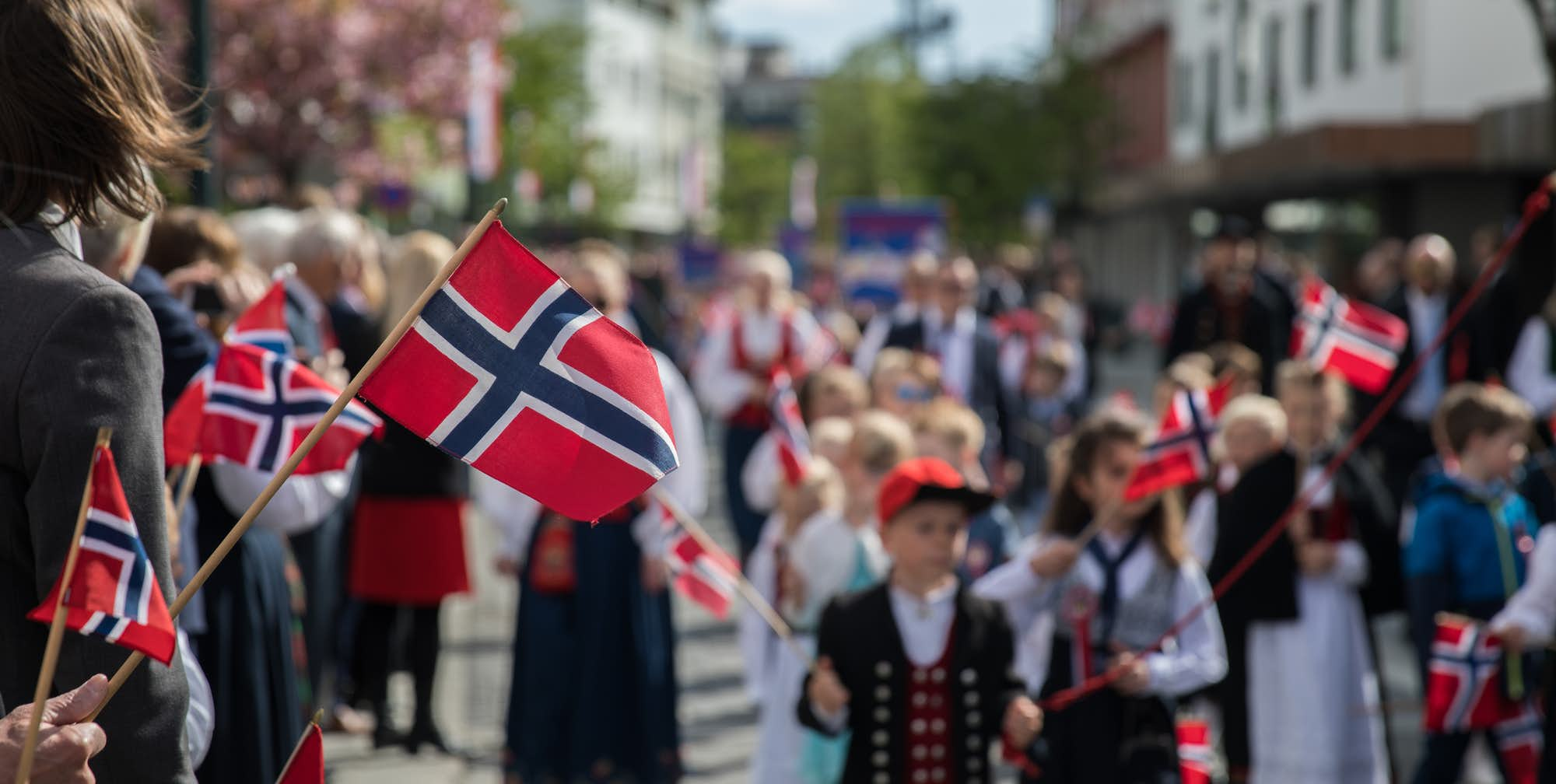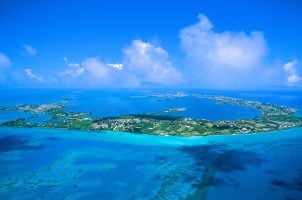Norway’s State-Run Monopoly Battles For Gaming Customers
Posted on: January 21, 2022, 11:55h.
Last updated on: January 21, 2022, 02:45h.
Norway’s online gambling market is still struggling to gain traction, as players continue to avoid the state-owned monopoly. Players instead are opting for international websites.

It is estimated that 66% of Norwegian online gambling activity is now conducted on international websites, according to European Gaming and Betting Assn. (EGBA) Secretary General Maarten Haijer.
That’s because Norway currently uses a state-owned monology to regulate online gambling in the country. The country asserts it can more efficiently manage online gambling and protect gamblers from problem gambling than private companies.
However, monopolies typically restrict choice. The online market, like many others, is heavily consumer-driven and users tend to select options that give them the most choice for the lowest price. And in most cases, these choices are outside of Norway.
As a result, analysts approximate that the country is losing Kr2 billion (US $230.2 million) in tax revenue each year.
Losing Control
Many Norwegian gamblers aren’t protected under Norwegian law, since they play on foreign websites. The state cannot control or protect them.
Since the Norwegian government’s primary reason to use a state monopoly to run its gambling operations is to protect players from problems gambling, that creates a problem. The belief is that with a government-controlled gambling operator, it’s possible to more closely monitor players. Additionally, the gambling operators will have more protocols to care for and ensure the safety of players.
However, Norway’s problem gaming rate has increased by more than four times in the past seven years, according to several studies, including one conducted by Norway’s University of Bergen in 2020. This is higher than the rate in Spain or the UK.
Sites like NorgesCasino, which offer different casino options to Norwegian players, don’t usually cover the government selection.
Lessons from Nearby Markets
The flaws in the monopoly model of gambling are well-known. Almost every European country, including neighboring Sweden and Denmark, has now replaced its regulations with a more effective multi-licensing model to regulate online gambling.
Under this system, the country’s gambling regulator enforces and monitors these licensing rules. This ensures that the authorities have the right to monitor consumer protection. However, companies must also follow local licensing rules to comply with all regulations and consumer protections in a multi-licensed marketplace.
Multi-licensing allows more companies to become licensed in the market and thus, creates competition and choice to play on licensed sites.
Related News Articles
Bermuda Getting First Casino After Nine-Year Wait
Wynn Resorts Provides UAE Update, Casino Could Be Bigger than Las Vegas
Dubai Delays Casino Resort Approvals in Potential Blow to MGM
Most Popular
FTC: Casino Resort Fees Must Be Included in Upfront Hotel Rates
Genovese Capo Sentenced for Illegal Gambling on Long Island
NBA Referees Expose Sports Betting Abuse Following Steve Kerr Meltdown
UPDATE: Former Resorts World & MGM Grand Prez Loses Gaming License
Most Commented
-
UPDATE: Whiskey Pete’s Casino Near Las Vegas Closes
— December 20, 2024 — 30 Comments -
Caesars Virginia in Danville Now Accepting Hotel Room Reservations
— November 27, 2024 — 9 Comments -
UPDATE: Former Resorts World & MGM Grand Prez Loses Gaming License
— December 19, 2024 — 8 Comments -
FTC: Casino Resort Fees Must Be Included in Upfront Hotel Rates
— December 17, 2024 — 7 Comments
















No comments yet